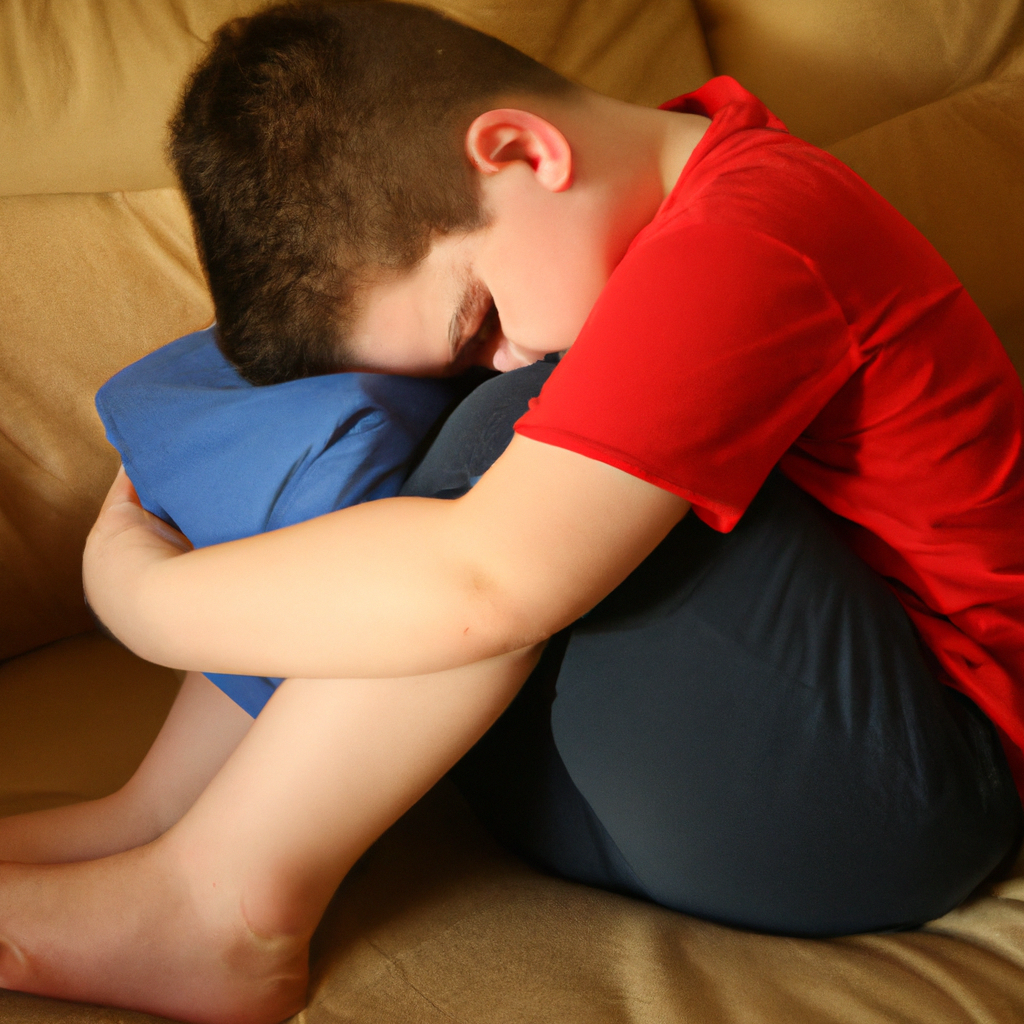
Grief in children refers to the emotional, physical, and behavioral reactions they experience after the loss of a significant person or pet. It is crucial to acknowledge and address children’s grief because it can significantly impact their overall well-being and development. By understanding the signs, symptoms, and coping strategies related to grief in children, parents, caregivers, educators, and communities can provide the necessary support during a challenging time.
Common Signs and Symptoms of Grief in Children
Children may exhibit various signs and symptoms when grieving. These manifestations can be categorized into behavioral changes, emotional responses, and physical symptoms. Behavioral changes may include alterations in sleep patterns, appetite, and social interactions. Emotional responses may involve sadness, anger, guilt, confusion, or even relief. Physical symptoms such as headaches, stomachaches, and fatigue can also be present.
Factors Influencing Children’s Grief
Several factors influence how children experience and express grief. Age and developmental stage play a crucial role, as younger children may have limited verbal abilities to express their emotions. The relationship with the deceased, whether it is a parent, sibling, or friend, can also impact the intensity of the grief. Additionally, previous experiences with loss can influence a child’s understanding and coping mechanisms.
Strategies for Supporting Grieving Children
When supporting grief in children, open communication and active listening are essential. Allowing children to express their thoughts, emotions, and questions openly creates a safe space for them to grieve. Providing a supportive environment where they feel understood and loved can facilitate the healing process. Encouraging the expression of feelings through art, play, or storytelling can also be beneficial. Establishing routines and structure can provide stability during a time of change. If the child’s grief becomes overwhelming or prolonged, seeking professional help from grief counselors or therapists is recommended.
Coping with Grief: Tips for Parents and Caregivers
Parents and caregivers play a vital role in helping children cope with grief. Recognizing and validating their emotions without judgment is essential. Maintaining normalcy and routine in their daily lives can provide a sense of stability. Engaging in activities that promote healing, such as memorializing the deceased or participating in support groups, can aid in the grieving process. Encouraging self-care and self-expression through activities like journaling or engaging in hobbies can also support their emotional well-being.
Educating and Supporting Schools and Communities
Schools and communities have a responsibility to support grieving children. Teachers can create a safe and inclusive classroom environment by fostering open communication and understanding. Peers can provide comfort and support by demonstrating empathy and inclusion. Schools and communities should strive to adopt grief-informed policies and practices that address the needs of grieving children. Collaborating with professionals and organizations specializing in grief support can enhance the resources available to support children during their grief journey.
The Importance of Self-Care for Grief Professionals
Supporting grieving children can be emotionally challenging for grief professionals. Recognizing the toll that this work can take is crucial for their own well-being. Practicing self-care, seeking support from colleagues or supervisors, and participating in supervision or debriefing sessions are vital to prevent burnout. Continued education and professional development opportunities allow professionals to enhance their skills and stay updated with the latest research and practices in grief support.
Conclusion
Understanding grief in children is essential for providing effective support during their grieving process. By recognizing the signs, symptoms, and factors that influence children’s grief, we can offer appropriate strategies to help them cope. Parents, caregivers, educators, and communities all have a role to play in creating a supportive environment where grieving children can heal and grow. By working together and acknowledging the unique needs of grieving children, we can make a positive impact in their lives during a difficult time.
